Industry information
Company News
- Aluminum alloy air conditioning cover: the guardian of coolness in summer homes
- Aluminum veneer customization, creating a new trend of personalized space
- Aluminum alloy air conditioning cover, the secret weapon to protect the coolness of summer!
- Fluorocarbon aluminum veneer, the "fashionable outerwear" of modern architecture
- Aluminum veneer: a fashionable new favorite for creating modern architecture
Industry dynamics
- Exploration of the Application of Punched External Wall Aluminum Veneer in Architectural Design
- The perfect combination of creative design and practicality of perforated painted aluminum veneer
- Aluminum veneer customization: an artistic journey to create personalized spaces
- Stunning wall decoration wall carved aluminum veneer is coming!
- Aluminum veneer customization, creating personalized space and new fashion
Frequently asked questions
- How to improve the environmental performance of aluminum veneer?
- What is the production process of aluminum veneer?
- What are the manufacturers of aluminum veneer and how to choose?
- What is the wind pressure resistance performance of aluminum veneer?
- What is the environmental performance of aluminum veneer?
contact us
Mobile:+86 15627778610
Email: 2201229786
Address: No. 5 Binjiang Road, High tech Zone, Zhaoqing City, Guangdong Province
Discussion on the insulation effect of aluminum veneer
- Author: Xinlongtai Aluminum Industry (Guangdong) Co., Ltd
- Release time: March 3, 2025 00:34:08
- Click:0
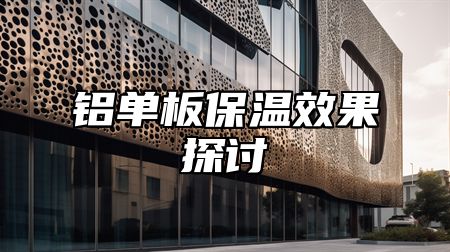
Aluminum veneer, as a lightweight and high-strength building material, has been widely used in the field of architectural decoration. In addition to its beautiful appearance and easy installation, aluminum veneer also has excellent insulation performance, which can effectively reduce indoor temperature fluctuations and energy consumption, and improve indoor comfort. Let's take a detailed look at the insulation effect and influencing factors of aluminum veneer.
1、 The insulation principle of aluminum veneer
The insulation principle of aluminum veneer is mainly achieved by covering its surface with a layer of insulation material, such as polyurethane foam board, rock wool, etc., in order to reduce the impact of indoor and outdoor temperature difference on the wall and minimize heat loss. This insulation material has good insulation performance and sealing, which can effectively prevent air flow and heat transfer, thus achieving insulation effect.
2、 Factors affecting the insulation effect of aluminum veneer
The insulation effect of aluminum veneer is influenced by various factors, mainly including the following aspects:
1. Type and thickness of insulation material: The type and thickness of insulation material directly affect the insulation effect of aluminum veneer. Generally speaking, the higher the density and thickness of insulation materials, the better their insulation effect.
2. Surface treatment of aluminum veneer: The treatment method of the surface of aluminum veneer can also affect its insulation effect. For example, for places that require sound insulation treatment, a layer of sound insulation coating or film can be sprayed on the aluminum veneer to further improve its insulation effect.
3. Environmental temperature and humidity: Environmental temperature and humidity can also affect the insulation effect of aluminum veneer. Usually, when the ambient temperature is low, the insulation effect of aluminum veneer will be better; When the environmental humidity is high, the insulation effect of aluminum veneer will be affected to some extent.
4. Building structure and airtightness: Building structure and airtightness can also affect the insulation effect of aluminum veneer. If the building structure is unreasonable or the air tightness is poor, it will lead to heat loss and cold air entering the room, thereby reducing the insulation effect of aluminum veneer.
3、 Conclusion
Aluminum veneer, as a lightweight and high-strength building material, has excellent insulation performance. By selecting appropriate insulation materials, surface treatment methods, and optimizing building structure and airtightness, the insulation effect of aluminum veneer can be further improved, reducing energy consumption and environmental pollution. In architectural design, the insulation performance of aluminum veneer should be fully considered, and suitable materials and schemes should be selected to achieve the goal of energy conservation and environmental protection.

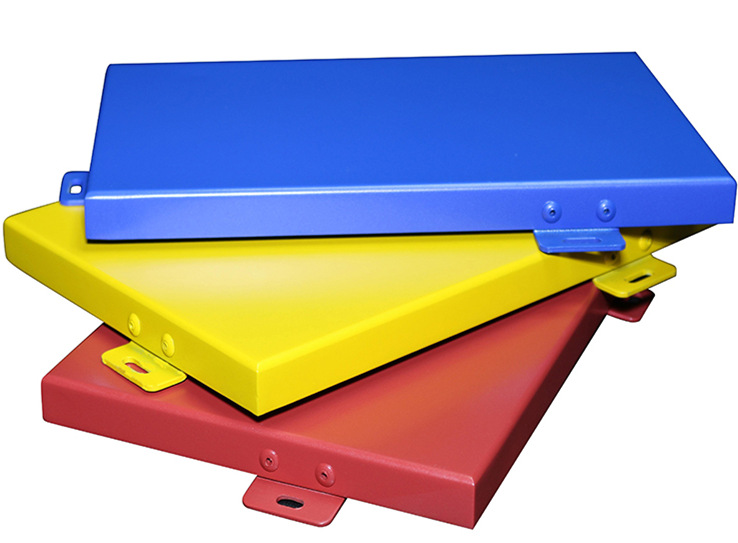
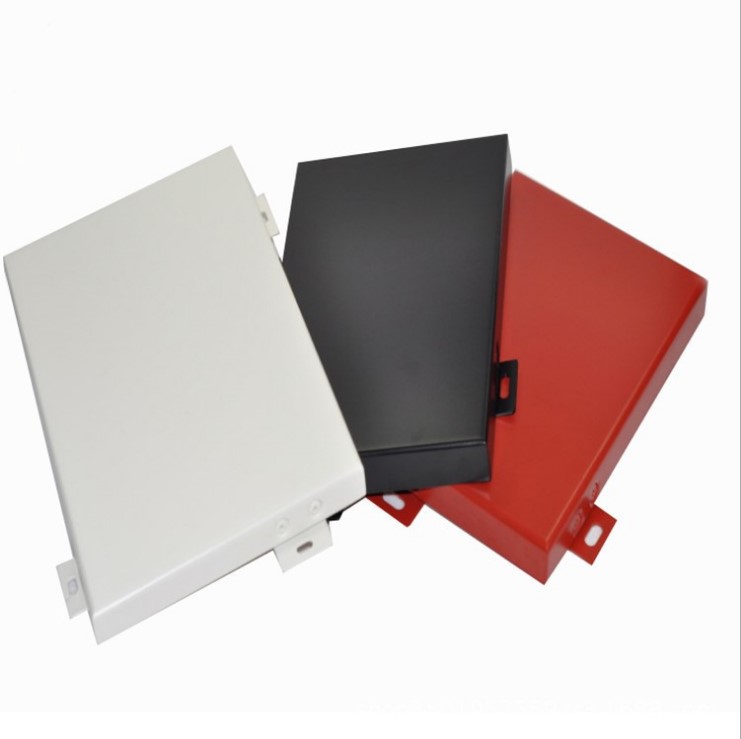
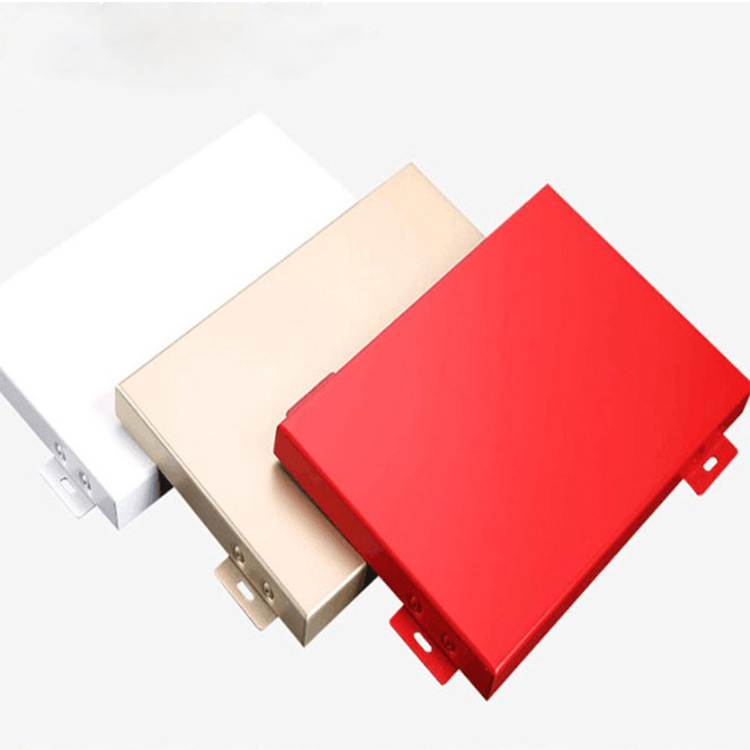
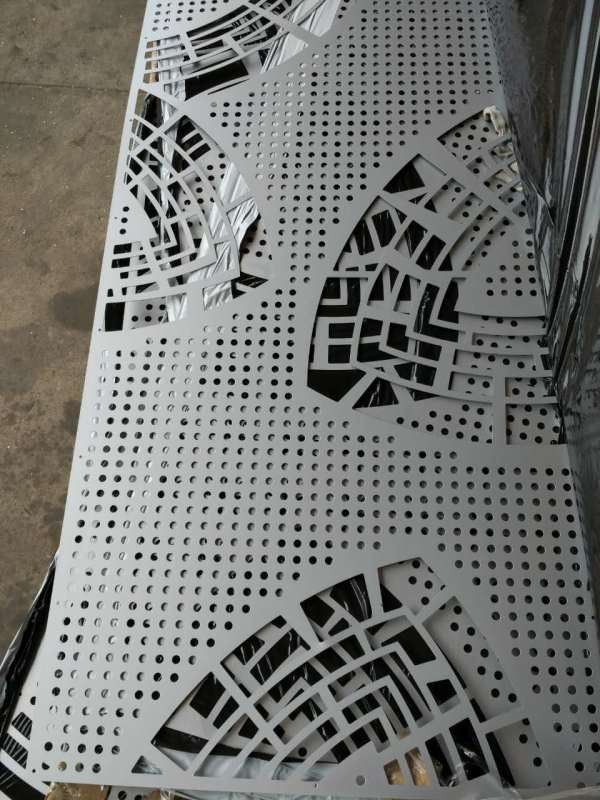
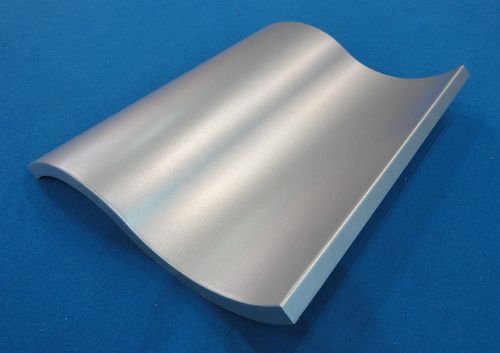
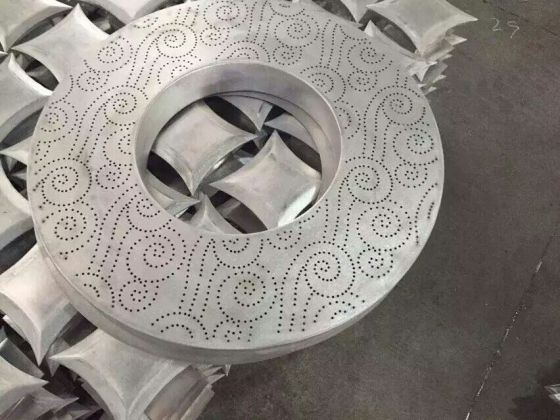
 Customer service QQ
Customer service QQ